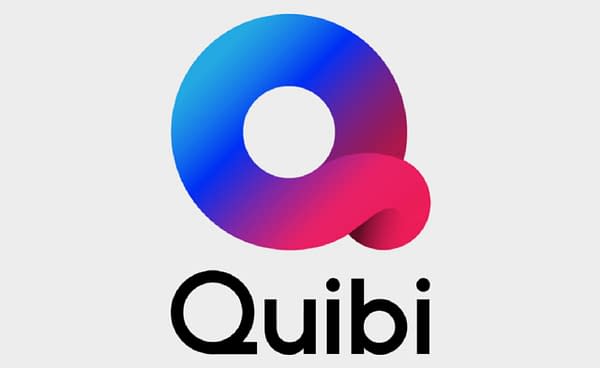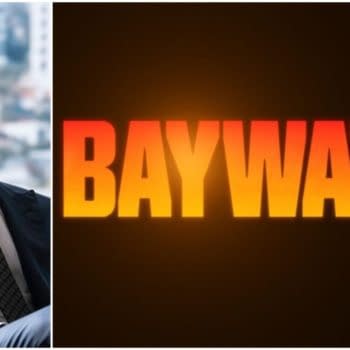Posted in: Preview, Quibi, TV | Tagged: bleeding cool, cable, jeffrey katzenberg, meg whitman, quibi, streaming, television, tv
Quibi Expected to Cease Operations as Questions Remain: Report
What do you get when you combine a global pandemic that forces people to stay home and in front of their screens, media powerhouses Jeffrey Katzenberg and Meg Whitman, and nearly $2 billion in start-up capital? Reportedly not much, with news circulating on Wednesday that Quibi will be officially shutting down. The Wall Street Journal was one of the first to report, with Deadline Hollywood reporting that Katzenberg and CEO Whitman are "about to have a call with investors this afternoon to explain their decision to wind down the short-form video service after little more than six months. They are exploring options including selling content or the entire service in the hopes that a buyer emerges." The process will take several months, with close to 200 employees about to lose their jobs (with a staff meeting with Katzenberg and Whitman also expected today) and the fate of the service's programming still in limbo.

The reasons for Quibi's presumed demise will be debated and analyzed for some time to come. Some will point to the COVID pandemic as killing the Quibi concept of "watching on the go," leaving it to compete with new, more home-based streaming services like Apple TV+, Disney+, HBO Max, and Peacock. Others will point to the money spent on what some considered to be ill-focused promotions. Ad tracking firm iSpot reported that the company spent $63.7 million on TV in 2020- with many saying that the service couldn't decide whether to focus on selling the service or its programming content. As with most media companies this year, Quibi also saw it fair share of corporate turmoil, as well as in a legal matter with Eko over potential patent infringement over its Turnstyle interface. For a service that promoted itself as being "new," many were surprised that Quibi didn't reach out from the start to connected-TV platforms like Apple and Roku, as well as free, ad-supported streaming outlets like Xumo and Pluto.
Others put the blame on the basic foundation of any service of this type: it's programming. "No one seemed to find a show they fell in love with. They needed at least two big hits to generate at least enough of an audience. They needed anchor tenants. And I wish for their sake they would have gotten them," said one executive in Deadline Hollywood's report.









